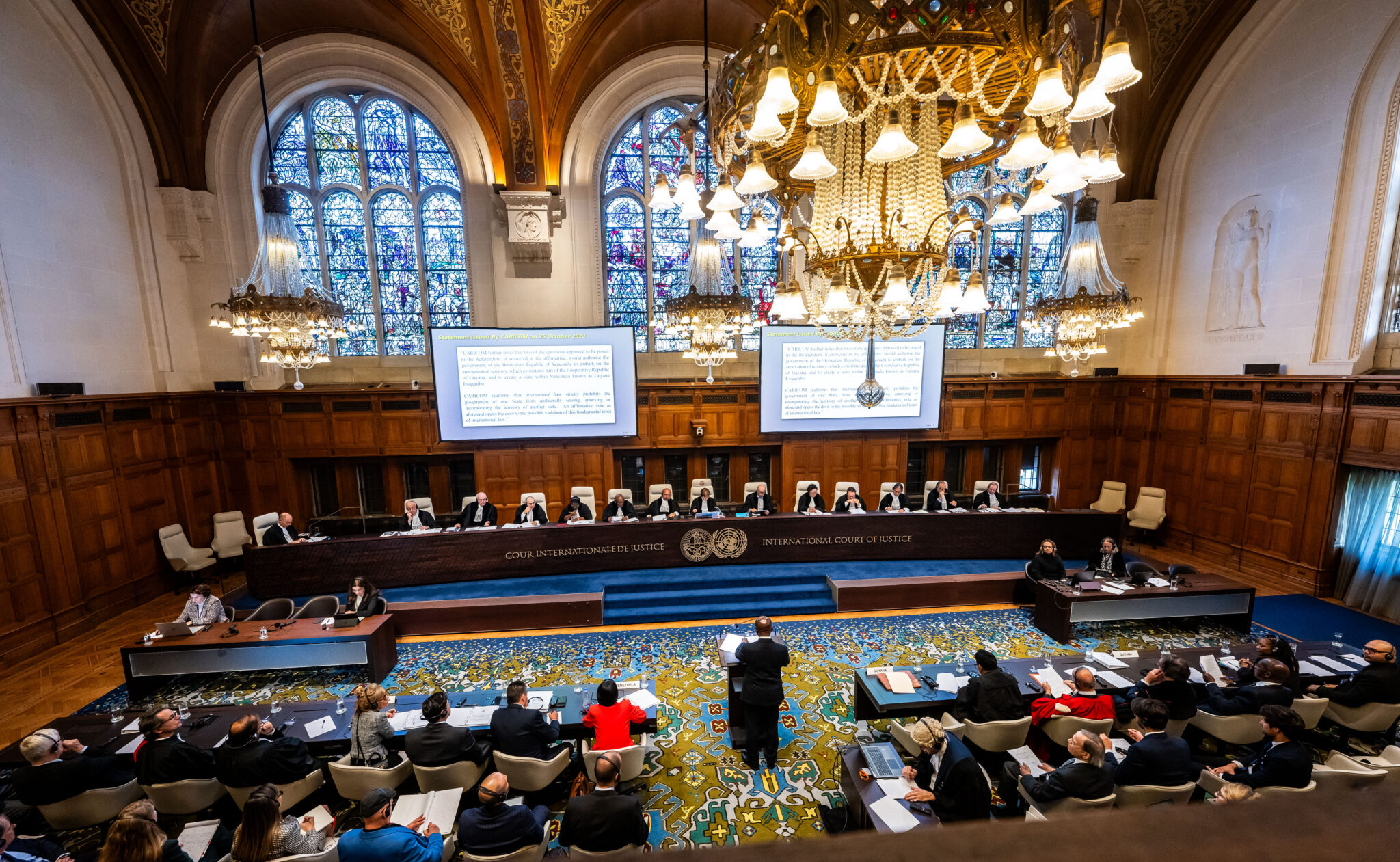Guyana has formally requested the International Court of Justice (ICJ) to prohibit Venezuela from proceeding with its planned elections in the Essequibo region, according to a release from the Ministry of Foreign Affairs and International Cooperation on Thursday.
The request follows Venezuela’s announcement earlier in the year that it intends to hold elections in Guyana’s territory on May 25, 2025.
Guyana argues that this action would directly violate the ICJ’s order issued on December 23, 2024, which states that Venezuela must take no action to modify Guyana’s control of the Essequibo territory.
Guyana government says this is a clear violation of the Argyle Agreement | OilNOW
Given this, Guyana has asked the ICJ, the principal judicial organ of the United Nations, to take urgent action to prevent the elections. It has also requested that the court schedule hearings to consider the matter and issue provisional measures against Venezuela’s plans.
Essequibo is a resource-rich territory that Venezuela claims as its own. Along with this territorial claim, Venezuela has also extended its provocation to large portions of Guyana’s offshore exclusive economic zone (EEZ). This has affected ExxonMobil’s offshore operations licensed by Guyana, as Venezuela’s claims have prevented the company from exploring the western section of the Stabroek Block.
Guyana recently reported that a Venezuelan Coast Guard patrol vessel entered its EEZ and approached the Prosperity floating production, storage and offloading (FPSO) vessel. Notably, while ExxonMobil has refrained from exploring the northwest section of the Stabroek Block due to the controversy, this latest incursion marks Venezuela’s most eastward move into the block—an area where all of Exxon’s production operations have been concentrated.
The U.S. has said Venezuela will face consequences if its provocation continues.
The substantive case at the ICJ centers on the 1899 Arbitral Award, which legally determined the boundary between the two countries. Venezuela, after accepting the boundary for decades, declared the award null and void in 1962 and has since claimed over two-thirds of Guyana’s territory in the Essequibo region.



